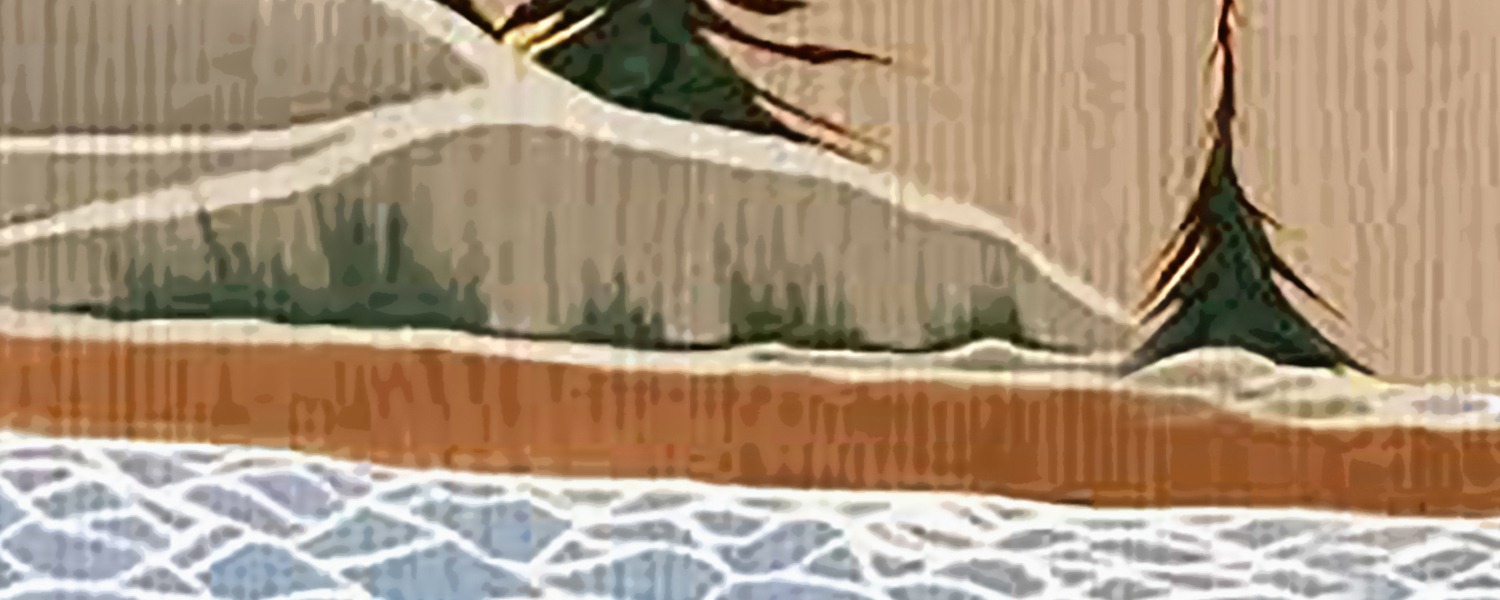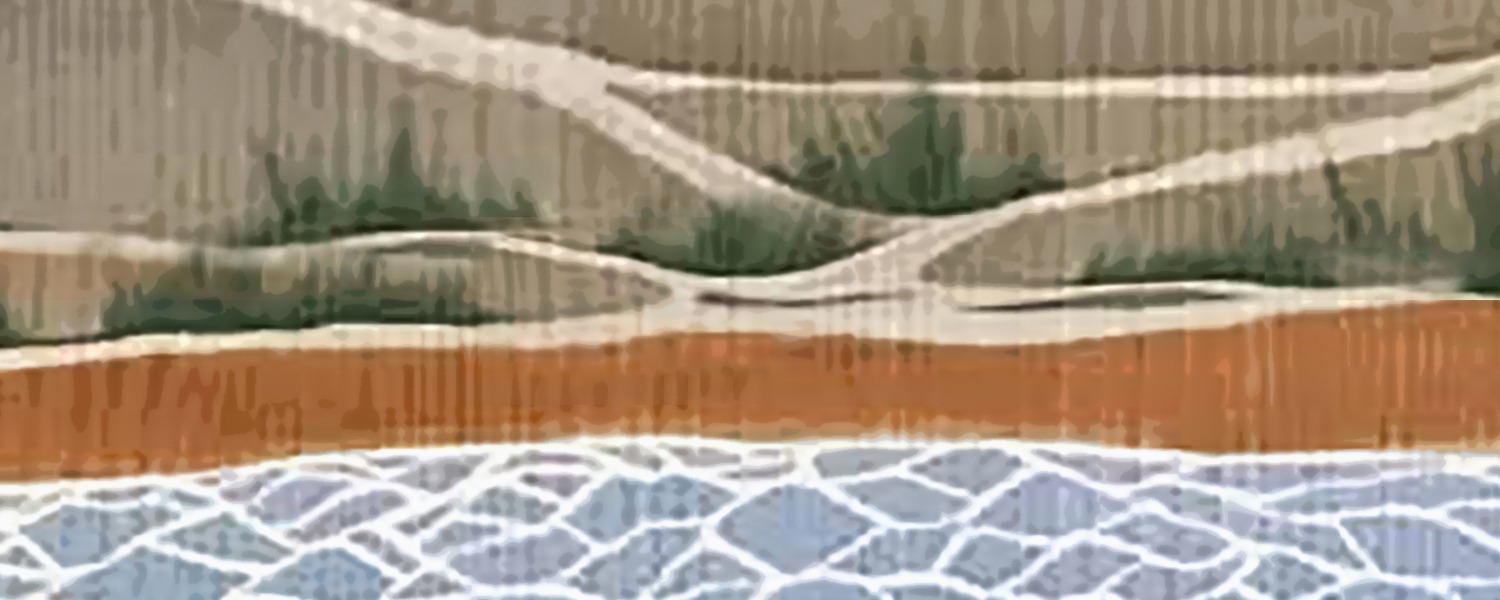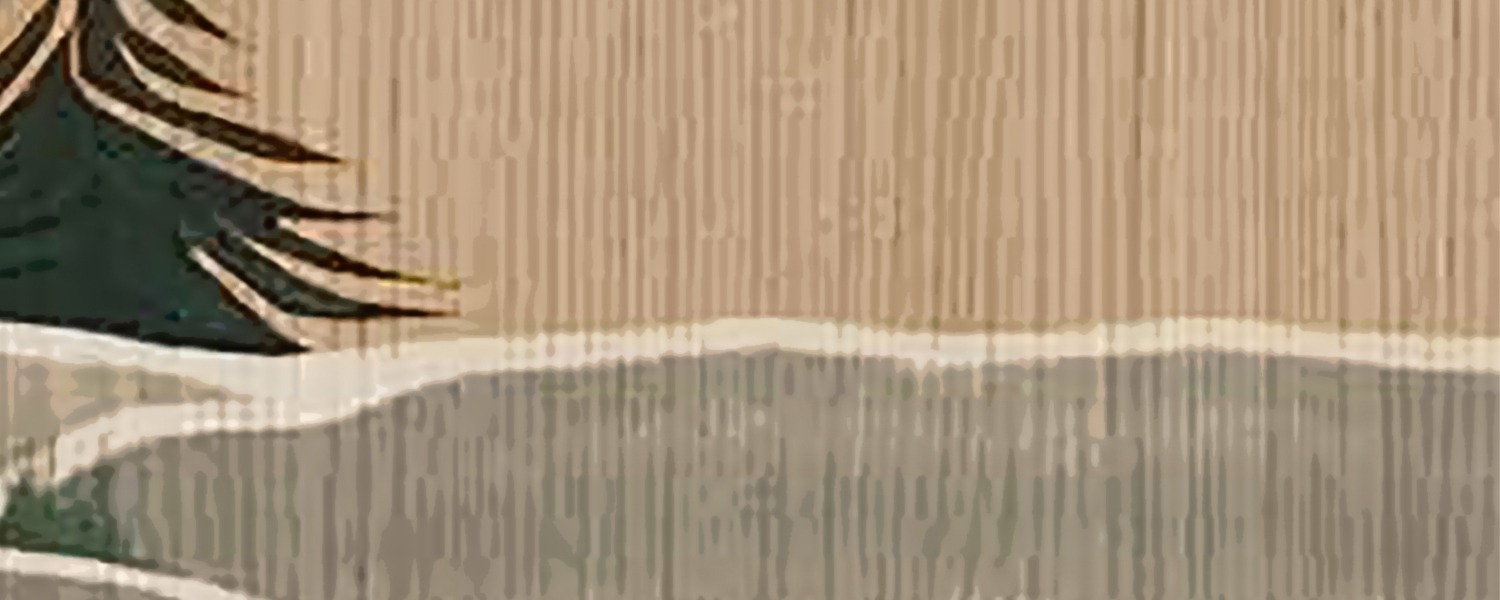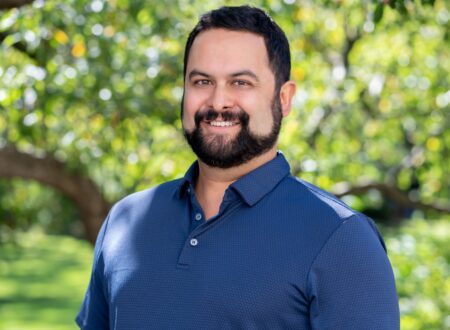At OKT, we hear first-hand from clients how their members experience poor health outcomes in hospitals and other medical facilities. Too often, we hear how entering into the health care system ends with Indigenous deaths.
The Truth and Reconciliation Commission of Canada’s call to action #24 calls on medical and nursing schools in Canada to teach aspiring medical professionals the history and legacy of residential schools, the United Nations Declaration on the Rights of Indigenous Peoples, Treaties and Aboriginal rights, and Indigenous teachings and practices. It calls for skills-based training in intercultural competency, conflict resolution, human rights, and anti-racism.
But, training in “intercultural competency” or cultural safety is not enough. The issue is safety itself. The most striking example of the urgency of this matter is the now infamous death of Brian Sinclair, who was ignored for 36 hours in a hospital emergency ward and only discovered after rigor mortis had set in.
To understand the structural issues that face Indigenous patients in the health care system, it is necessary to look at the persistent myth that underpins Canadian society and, by extension, the medical profession.
The persistent myth is that Indigenous people are mysteriously damaged, inferior people who are always on the brink of dying; a people on whom care would be wasted. In Canada, this myth exists for a reason:
- The myth of the “sick” Indigenous person serves a purpose. It helps justify possession of Indigenous lands.
- Non-Indigenous people (settlers) are invested in, and benefit from, the perpetuation of the myth.
- The power of the myth in health care is that neglect is the outcome, regardless of the conscious intent.
The problem that needs to be tackled head on is why medical personnel treating Indigenous patients can fail to grasp the seriousness of the medical situations they confront. Medical professionals need to ask themselves:
- What do I assume about Indigenous patients?
- What am I missing because of my assumptions?
If your First Nation or First Nation organization is concerned about the safety of your members in the health care system and looking for ways to make systemic changes, then please contact us.
Related Posts

Weighing Alternatives to Indian Act Elections: Custom Election Codes and the FNEA
Many First Nations conduct elections based on the provisions in the Indian Act. Under the Indian Act, the Chief and Council hold office for two years unless their office becomes…
Read More...
Agency One First Nations Rights Over Their Territory Affirmed
Friday, June 27, 2025
In a resounding victory, on June 17, 2025, the Ontario Superior Court ruled in favour of Naicatchwenin First Nation, Nigigoonsiminikaanmng First Nation, Couchiching First…
Read More...
Indigenous Health Equity Fund
Tuesday, August 6, 2024
In March 2023, the federal government announced its intention to create the Indigenous Health Equity Fund to distribute $2 billion to Indigenous communities over a period…
Read More...

